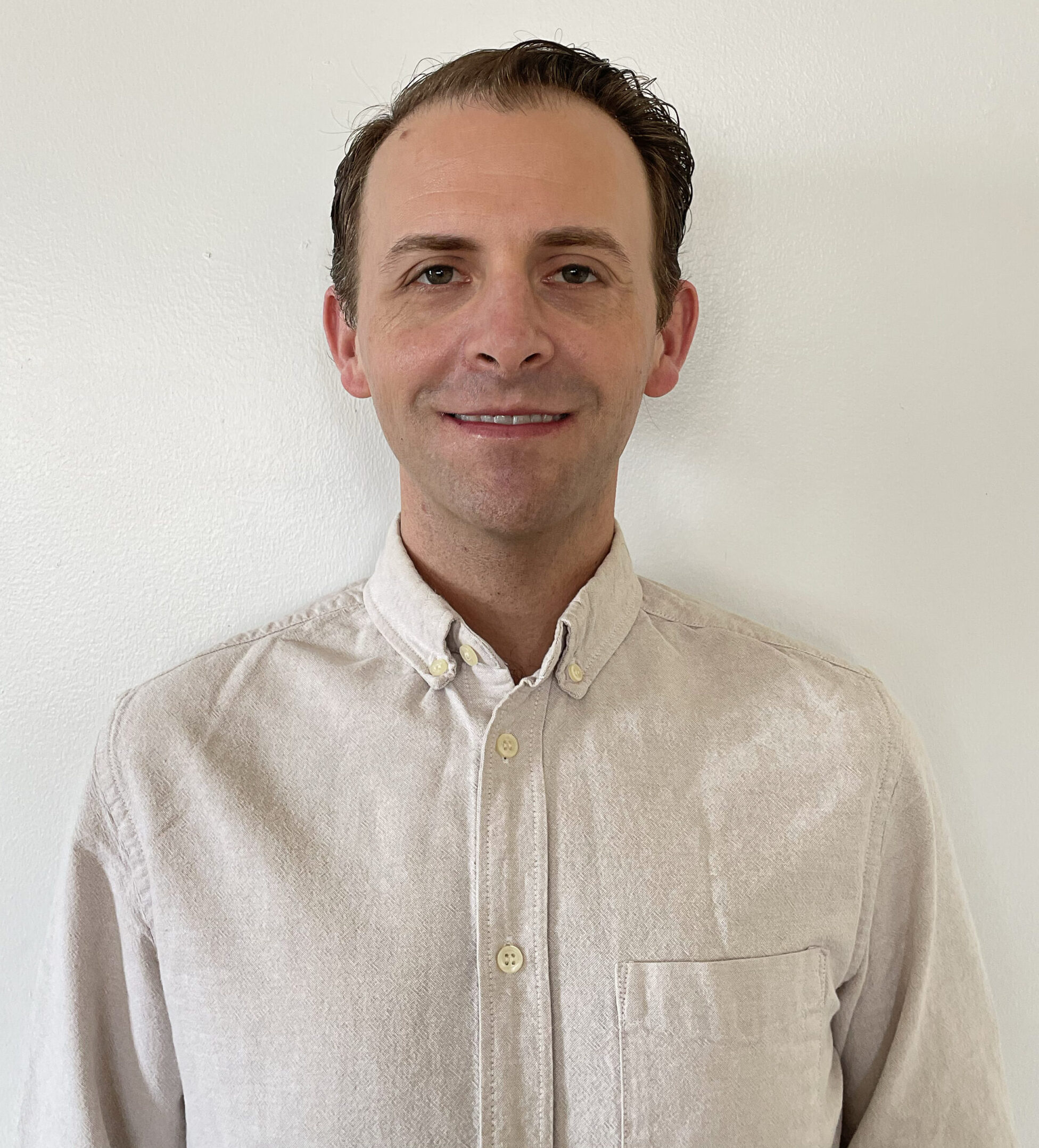Dr. Elliot
Rayman
Postdoctoral Fellow

Dr. Elliot Rayman
Postdoctoral Fellow, Assessment Team Coordinator
Dr. Elliot Rayman is a postdoctoral fellow at Spectrum Services, where he provides neurodivergent-affirming therapy and psychological assessment for adults and adolescents. He earned his Ph.D. in Clinical Psychology, with specialized training in assessing autism, ADHD, OCD, and complex trauma across diverse populations.
At Spectrum, Elliot conducts comprehensive evaluations that integrate cognitive, emotional, sensory, and social insights to provide clients with a nuanced and affirming understanding of themselves. His approach is collaborative and strengths-based, grounded in the belief that clarity and validation can be powerful tools for growth. He aims to demystify the assessment process and empower individuals through self-awareness, practical recommendations, and thoughtfully tailored support strategies. Elliot approaches each evaluation with attention to the client’s broader context, recognizing that factors such as culture, ethnicity, gender, and lived experience meaningfully shape how individuals express and experience neurodivergence.
In addition to assessments, Elliot provides therapy services grounded in an integrative and collaborative approach. He values curiosity, emotional insight, and self-compassion as tools for meaningful growth, blending reflective exploration with concrete strategies for daily life. Drawing from insight-oriented and cognitive-behavioral therapy traditions, he helps clients examine emotional patterns, build self-understanding, and navigate challenges related to identity, relationships, and the unique experiences that can come with being neurodivergent. His approach emphasizes clarity, warmth, and respect for each person’s unique process, particularly for those who have spent years feeling unseen or mischaracterized.
Elliot earned his Ph.D. in Clinical Psychology from the City College of New York, CUNY, and completed his clinical internship at Maimonides Medical Center. He holds dual bachelor’s degrees in Psychology from Hunter College and Music Composition from Hampshire College. Elliot is committed to ongoing professional development and contributes to the field through research and community engagement.
EXPERTISE
Neurodivergent adults and adolescents (including late-diagnosed and high-masking individuals)
Couples therapy
Anxiety, depression, and mood-related challenges
Identity, relationships, life transitions, and meaning-making
Obsessive-Compulsive Disorder (OCD) and related conditions
ADHD, executive functioning, and self-regulation difficulties
Trauma and complex/developmental trauma
Neuropsychological assessment for diagnostic clarity and tailored recommendations
THERAPY APPROACHES
Integrative, relational, and psychodynamic therapy
Neurodiversity-affirming practice, including Emotionally Focused Therapy (EFT) for couples
Exposure and Response Prevention (ERP) for OCD and related concerns
Trauma-informed care
Culturally responsive and identity-affirming practice
Mindfulness- and acceptance-based strategies
Collaborative diagnostic coaching and meaning-making around assessments and diagnostic formulations
Autism
- Ron Kurtz
Trauma
- Peter Levine
OCD
ADHD
- Jonathan Mooney

